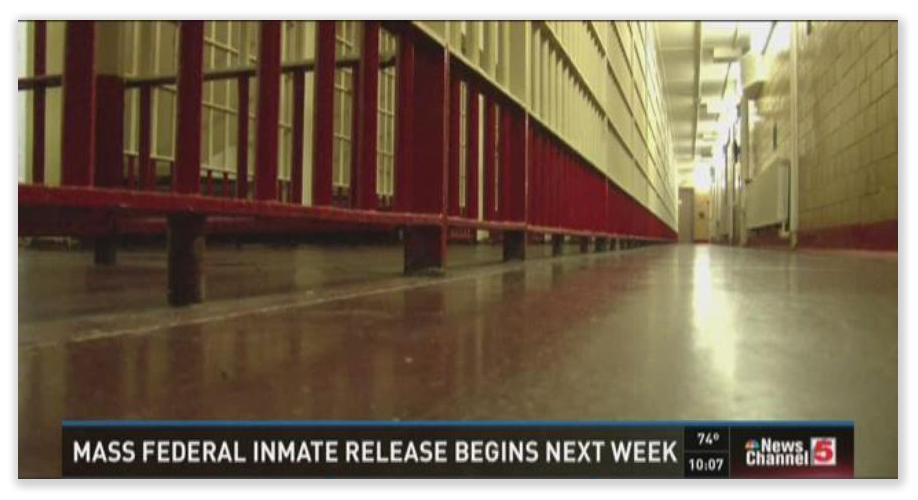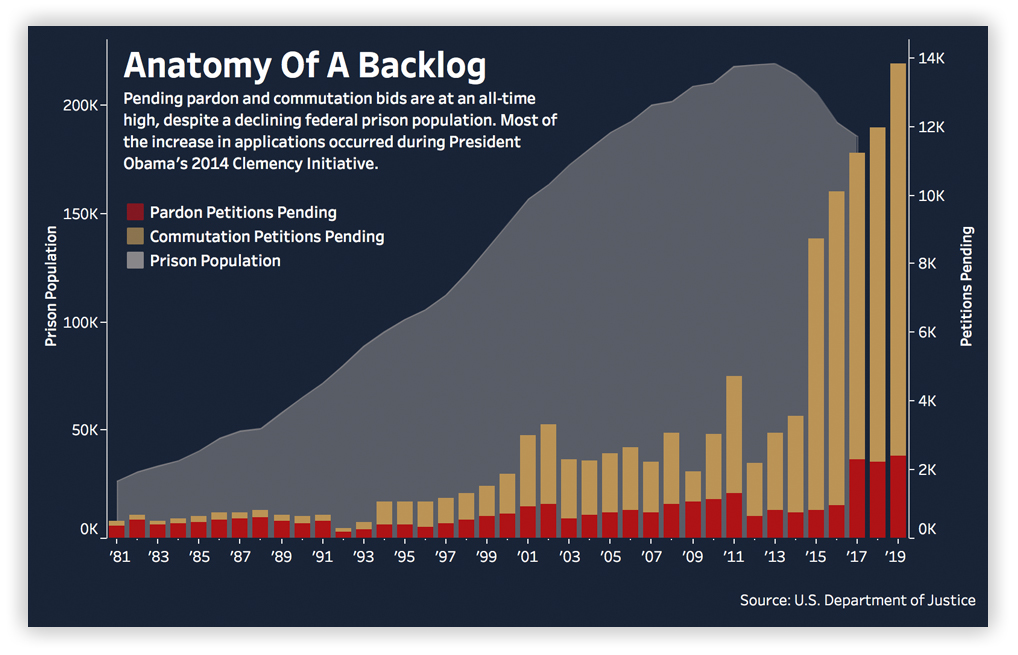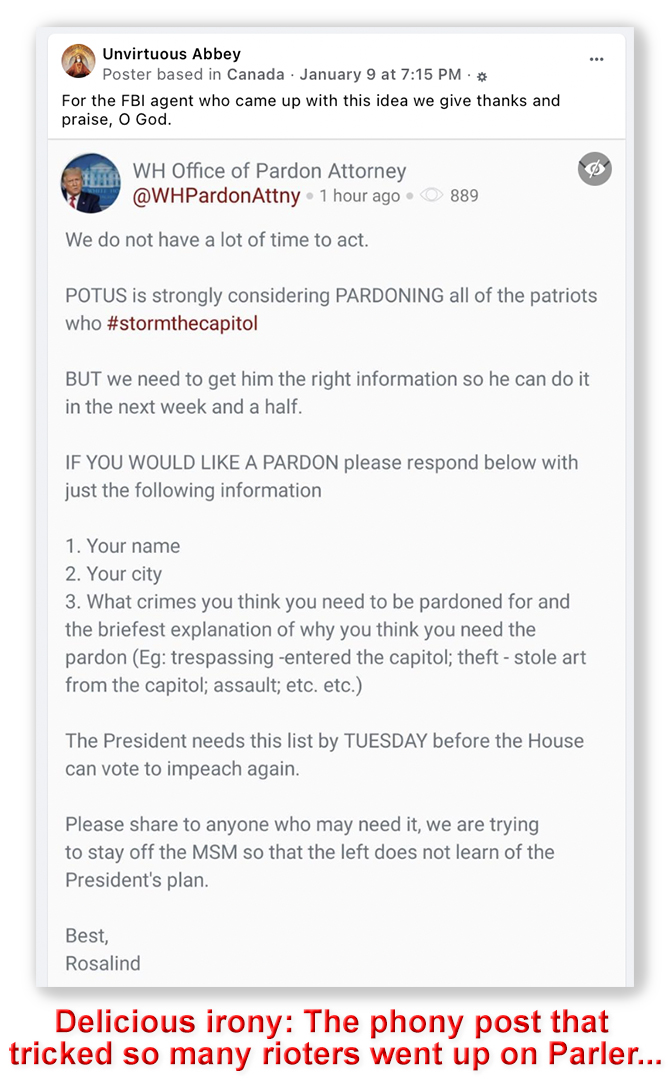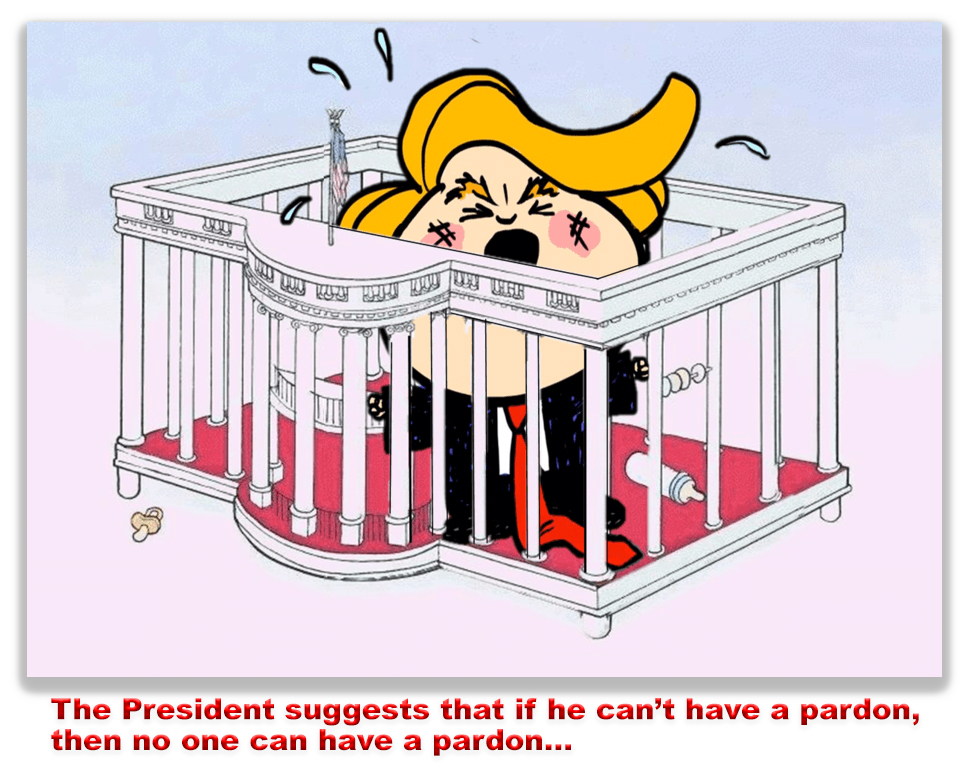We post news and comment on federal criminal justice issues, focused primarily on trial and post-conviction matters, legislative initiatives, and sentencing issues.

HOUSE SUBCOMMITTEE EXPLORES FIX FOR CLEMENCY MESS
A subcommittee of the House Judiciary Committee last Thursday grappled with the jammed-up federal clemency process, in which an estimated 17,400 petitions await Presidential consideration.
 The Subcommittee on Crime, Terrorism & Homeland Security heard from a spectrum of witnesses – from a former Mississippi US Attorney who argued the Dept of Justice’s “policies with regard to review of clemency petitions are correct: clemency should only be granted in extraordinary circumstances and exercised rarely” – to clemency experts who deconstructed the convoluted process in academic detail.
The Subcommittee on Crime, Terrorism & Homeland Security heard from a spectrum of witnesses – from a former Mississippi US Attorney who argued the Dept of Justice’s “policies with regard to review of clemency petitions are correct: clemency should only be granted in extraordinary circumstances and exercised rarely” – to clemency experts who deconstructed the convoluted process in academic detail.
In opening remarks, Subcommittee Chair Rep. Sheila Jackson Lee (D-TX) said that Congress should encourage presidents to routinely use clemency powers, tools she called “useful… not just to correct individual injustices but to overcome “misguided policies that led to mass incarceration.”
Rep Ayanna Pressley (D-Mass) urged passage of a bill she is sponsoring – the Fair and Independent Experts in Clemency Act (or “FIX Clemency Act”), H.R. 6234. That measure would replace DOJ’s Office of Pardon Attorney with an independent clemency board, made up of nine people appointed by the President. The Board would send pardon and commutation recommendations directly to the president.
Clemency expert and law professor Mark Osler testified that what was once a relatively simple clemency system has grown “and metastasized until the process came to include seven distinct actors, each with their own interests and biases, acting sequentially. Today, a clemency petition will be considered in turn by the staff of the Pardon Attorney, the Pardon Attorney, the staff of the Deputy Attorney General, the Deputy Attorney General, the staff of the White House Counsel, the White House Counsel, and finally by the President.”
“The absurd inefficiency of seven reviewers seeing a petition only after a predecessor is done — rather than simultaneously as part of a board — is striking,” Osler said. “On top of that, baked into this system is negative decision bias; reviewers know they can get in trouble only for a bad “yes,” which incentivizes ‘no’s.’ It is seven valves, all spring-loaded shut, on the same pipe.”
 Law professor Rachel Barkow, a clemency expert and former member of the US Sentencing Commission, told the Subcommittee that “there are now more than 18,000 people waiting for a response to their petitions, many of whom have been waiting for years. It is hard to overstate the level of mismanagement responsible for this unconscionable backlog. These people deserve answers to their petitions, yet the administration has done nothing to suggest it has any grasp of the urgency of the situation.”
Law professor Rachel Barkow, a clemency expert and former member of the US Sentencing Commission, told the Subcommittee that “there are now more than 18,000 people waiting for a response to their petitions, many of whom have been waiting for years. It is hard to overstate the level of mismanagement responsible for this unconscionable backlog. These people deserve answers to their petitions, yet the administration has done nothing to suggest it has any grasp of the urgency of the situation.”
Barkow said, “The view inside DOJ… is that pardon attorneys should ‘defend the department’s prosecutorial prerogatives” and that “the institution of a genuinely humane clemency policy would be considered an insult to the good work of line prosecutors.” In light of this view, she said, “there is a strong presumption at DOJ that favorable recommendations should be kept to an absolute minimum.”
 The grant rate for commutations and pardons across presidencies has been low in recent years compared to the rates for most of the nation’s history. Trump granted 2% of the petitions he received, Obama granted 5%, George W. Bush granted 2%, Clinton granted 6%, George H.W. Bush granted 5%, and Reagan granted 12%. This contrasts with Carter’s grant rate of 21%, Ford’s rate of 27%, and Nixon’s rate of 36%. “Between 1892 and 1930,” Barkow said, “27% of the applications received some grant of clemency.”
The grant rate for commutations and pardons across presidencies has been low in recent years compared to the rates for most of the nation’s history. Trump granted 2% of the petitions he received, Obama granted 5%, George W. Bush granted 2%, Clinton granted 6%, George H.W. Bush granted 5%, and Reagan granted 12%. This contrasts with Carter’s grant rate of 21%, Ford’s rate of 27%, and Nixon’s rate of 36%. “Between 1892 and 1930,” Barkow said, “27% of the applications received some grant of clemency.”
House Subcommittee on Crime, Terrorism & Homeland Security, Oversight Hearing on Clemency and the Office of the Pardon Attorney (May 19, 2022)
Statement of Professor Rachel E. Barkow, New York University School of Law, House Judiciary Comm, Subcomm on Crime, Terrorism, and Homeland Security (May 19)
Statement of Professor Mark Osler, University of St. Thomas, House Judiciary Comm, Subcomm on Crime, Terrorism & Homeland Security (May 19, 2022)
UPI, House panel weighs reforms for clemency amid backlog of 17,000 petitions (May 19, 2022)
– Thomas L. Root























